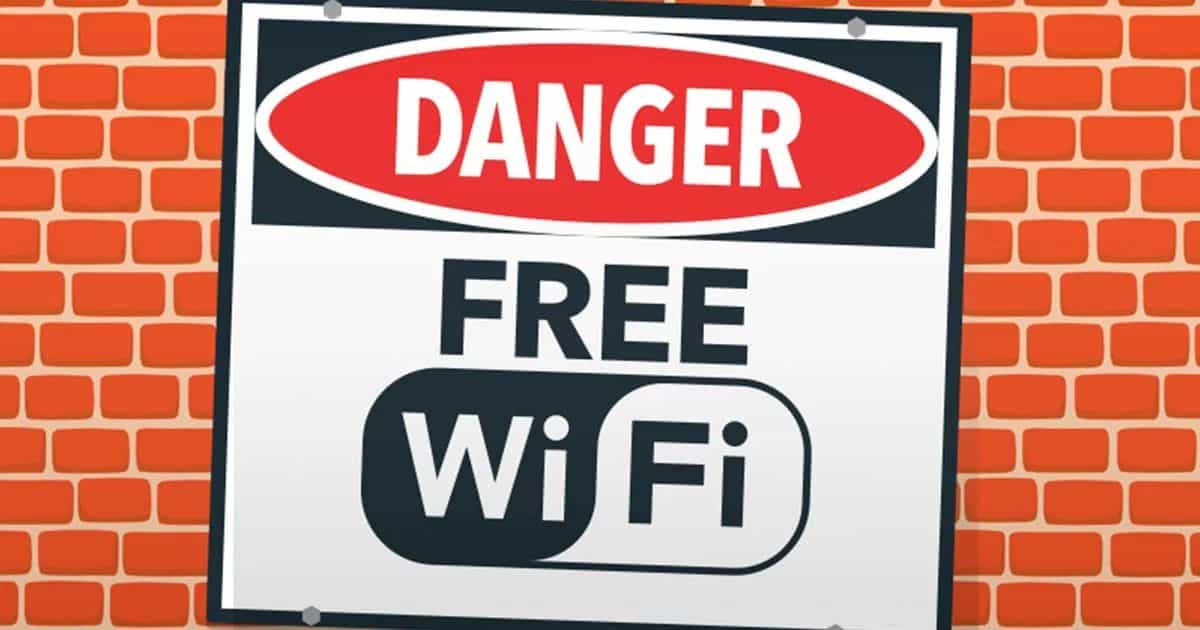
The Dangers Of Public Wifi
DNS Protection
DNS Protection is a method of filtering for viruses using Domain Name Servers. It gives you an added level of protection by complementing anti-virus solutions and ensures your business firewall ‘travels’ wherever you go.
How Does DNS Protection Work?
Whenever you want to visit or find a specific website, you type a query or URL address into your browser. For example, Google.com.
Your computer or laptop sends your request to a Domain Name Server (DNS) to tell it what IP address Google is at. The DNS sends the correct IP address to your device and you get access to the website you want or have been looking for.
It’s a bit like meeting new people. If you’re meeting someone for the first time, how can you verify that what they’re telling you about themselves, or their business identity, is true and correct? However, having a mutual friend or colleague who can vouch for each party, that someone is indeed who they say they are, reduces or removes risk of finding out, too late, that you’ve made an undesirable connection.
In a similar way, your company’s Domain Name Server acts as a firewall against dodgy or malicious websites by interrogating remote IP addresses for evidence of authenticity. If your DNS cannot verify the origin of data, it determines that a site as unsafe and will stop (block) your device from accessing it. Bad connection averted!
But what happens when you leave your office?
Public Wi-Fi and DNS
Accessing Internet sites outside your office uses the same DNS process but you lose your firewall safety net. Once you leave the limits of your company’s DNS, whenever you connect to the Internet offsite you no longer have a ‘colleague’ looking to vouch for site authentication and protecting you from unwanted connections.
Imagine you’ve gone to your favourite café for lunch, or you’re an attending an offsite meeting or conference and need to go online. You decide to connect to a free Wi-Fi service (who doesn’t love free Wi-Fi?) Step one is connecting to a local Wi-Fi Access Point to receive an IP address for your device. The IP address enables your device to ‘talk’ to an unknown DNS and process your requests.
Two elements of risk are introduced to online searching using public Wi-Fi, which many people are unaware of or give little thought to:
- you connect to an unknown network (Wi-Fi device and DNS)
- with unknown protection levels.
Any DNS outside your company is not configured to protect your device. At best, you are relying on unknown security parameters. At worst, a Domain Name Server can deliberately redirect your device to dubious websites with malicious links. One wrong ‘click’ can download malware to your device without you knowing, a hidden enemy waiting for you to return to your office and log back on so it can spread and cross-infect to all connected devices on your network.
How DNS Protects You - Everywhere
Wouldn’t it be nice if you could have an expert accompany you every time you work offsite, to help you avoid dangerous connections?
You can – complements of technology! Ask your IT team or Provider to install Remote Monitoring and Management tools on your computers and laptops. RMM is a 24/7 security guard for your devices, regardless of where or when you go online, in two ways.
- RMM controls which DNS server a device talks to, and
- it ensures your DNS server does its own security check before it hands over an IP address to your device.
DNS Protection adds an extra layer of security for mobile users by complementing your device’s anti-virus solution and ensuring your business firewall ‘travels’ wherever you go.
How Can DNS Protect Me?
Call itro on 1800 10 3000 or email us at [email protected] to chat with one of our experts about DNS Protection and the dangers of Public Wi-Fi!

